India’s economy, which for decades was stuck with the so-called Hindu rate of growth around 3 per cent, has hit the 9 per cent mark for the last two consecutive years. Leading economists hold that the growth can be sustained in the coming years if the government can put in place more reforms and implement them. There is no denying the fact that the initiatives taken in the early 1990s continue to reap the rewards and have enabled India to become the fourth largest GDP in the world in terms of purchasing power. The policy-driven reforms have taken our country from the ‘Third world’ status to one that plays a part, albeit small, in defining the fate of the global economy. The country is in the midst of a great transformation, almost epochal in scope. Everything is positive in the economy today–manufacturing is resurgent, services going strong, revenue collection buoyant, export jumping 37.3 per cent, foreign investment flows strong and no overheating of the economy. There is a new sense of optimism and a willingness to take risk and think big among the business tycoons. Simply put, Indians can get ready to uncork the bubbly to celebrate unprecedented growth in the coming years. The rapid growing economy, however, brings its own share of problems. Agriculture is not keeping pace with the overall buoyancy and there has been a rise in inflation rate. Besides, poor infrastructure, antiquated labour laws, low quality education for all except the elites, dismal health services, and widening of rural urban disparities are only few of the many constraints which India cannot afford to overlook. In economy some legs march in the wrong direction, some in the right one. But if there are more right-moving legs, they can negate the wrong ones and move the economy in their direction. The present book seeks to suggest the right initiatives and reforms through its articles and speeches contributed by eminent economists. It emphasises that in the present scenario reform should focus on four areas — concerted efforts to bring about second green revolution, measured strategies to deregulate priority industries, substantial push for infrastructural development, and strong encouragement of manufacturing alongside knowledge-based services. Such measures will undoubtedly ensure inclusive growth in the country and enable the GDP growth not only to reach but even to sustain the magical double-digit figures as projected by many economists. The book aims at acquainting readers with the economic scenario in India in its true spirit on one hand and suggests effective measures to meet the challenges ahead on the other. It is hoped that the book will be found highly useful by the researchers and students economics; government executives, parliamentarians and legislators concerned with the formulation and execution of economic policies; and the general readers keen to know in depth the present state of Indian economy and the challenges ahead.
Studies in Indian Economy (Volume II)
by K R Gupta
$34.20
$38.00
In stock
Free & Quick Delivery Worldwide
All orders amounting to US$ 50 or more qualify for Free Delivery Worldwide. For orders less than US$ 50, we offer Standard Delivery at $14 per book.
ABOUT THE AUTHOR K R Gupta
Dr. K.R. Gupta is a well-known expert in the field of International Affairs. He has published over two dozen books and more than hundred papers in leading journals published in India and abroad. His latest publications include India-Pakistan Relations with special Reference to Kashmir, 3 Vols., Rural Development in India, 3 Vols., International Terrorism: World Viewpoints: Conventions, Resolutions, Legislations, Terrorist Organisations and Terrorists, 2 Vol., International Terrorism: Response of India, Pakistan and the United States, World Viewpoints on National Missile Defence, 2 Vols., Selected Documents on Nuclear Disarmament, 4 Vols., Comprehensive Nuclear-Test-Ban Treaty (CTBT), Issues in Indian Economy, 4 Vols., Liberalisation and Globalisation of Indian Economy, 5 Vols., A Study of World Trade Organisation, GATT Accord and India: A Critical Analysis of Results of the Uruguay Round of Multilateral Trade Negotiations and Their Implications for India, GATT Accord: Results of the Uruguay Round of Multilateral Trade Negotiations, GATT and Underdeveloped Countries: A Study of the General Agreement on Tariffs and Trade and International Economics.
reviews
0 in total
Review by Anonymous
Be the first to review “Studies in Indian Economy (Volume II)” Cancel reply
You must be logged in to post a review.
Bibliographic information
Title
Studies in Indian Economy (Volume II)
Author
Edition
1st ed.
Publisher
ISBN
8126907932
Length
xvi+232p., Tables.
Subjects

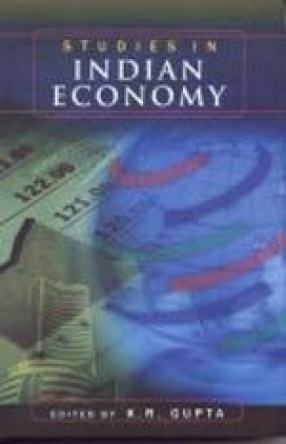
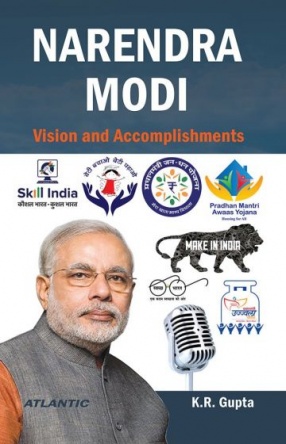
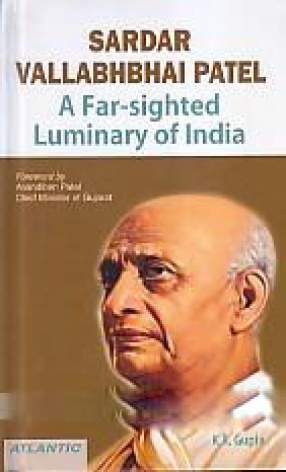
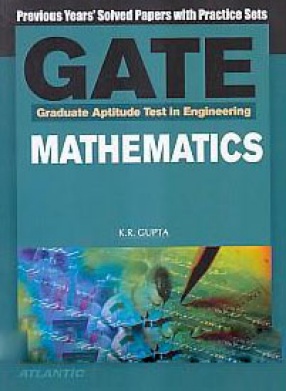
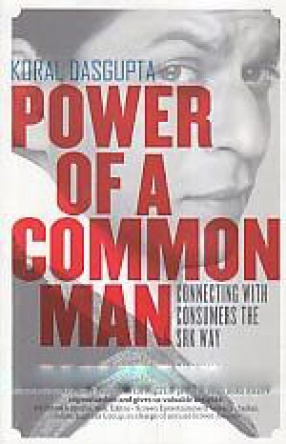

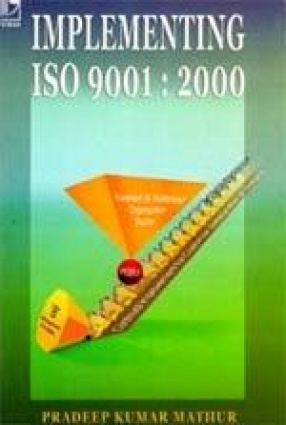
There are no reviews yet.